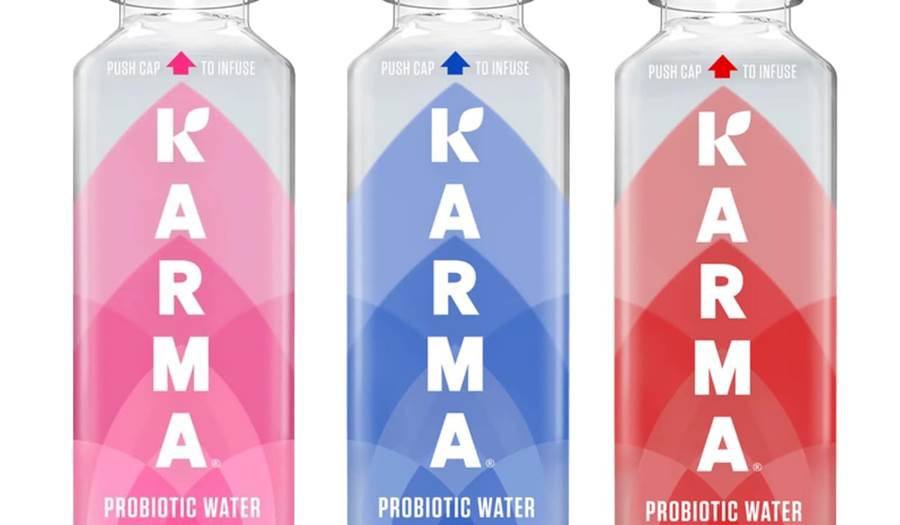
Trends in Consumer Beverages
1/4/2024
The packaged cold beverage market continues to grow across the retail, convenience store and vending service channels. Trends in Consumer Beverages show that in addition to traditional beverages like sodas, sports drinks, and energy drinks, there are new and emerging trends targeting consumer demands. These include the sub-categories of functional beverages, non-dairy or plant-based alternatives, and non-alcoholic versions of cocktails. Functional beverages do a lot more than just quench thirst. They focus on boosting immunity, improving sleep, adding energy or enhancing cognitive function. Many of these beverages include prebiotics or probiotics, vitamins and minerals, natural ingredients, and reduced or no sugar. The functional beverage market is projected to grow significantly from $45 Billion in 2022 to $71 Billion in 2028. Many of the ingredients in these functional drinks include fruits, vegetables and legumes. Some also include the addition of Vitamin C and Zinc for extra immune boosting capabilities, or contain matcha or ginger for extra antioxidants and inflammation reduction. As an example, one of the products that falls in this sub-category, Kombucha tea, has seen continued growth in recent years for its functional health benefits.
Non-dairy milk sales grew 61% from 2012 to 2018. This sub-category includes products like oat milk and almond milk, and non-dairy coffee creamers. Products like vanilla collagen drinks have seen a boost in sales as the collagen trend has gained momentum. Some products in this category also include the use of ingredients adaptogens like maca and ashwagandha, which are often recommended for their ability to reduce stress and improve clarity. Finally, the non-alcoholic beverage market grew almost 20% from 2021-2022 to bring the overall category to just under $400 Million. Studies have also shown that 52% of Americans believe that restaurants should offer more “mocktail” options to consumers. Ready to drink (non-alcoholic) cocktails and non-alcoholic craft beer options are continually being introduced to the retail and convenience markets. One specific example of this sub-category is the “Nojito” mocktail – the non-alcoholic version of the mojito. Brands like Ocean Spray have also recently introduced a line of non-alcoholic cocktail mixers to further leverage the demand. Time will be the judge of how these three trends will succeed in the marketplace, but the growth in beverage options for consumers will certainly continue.